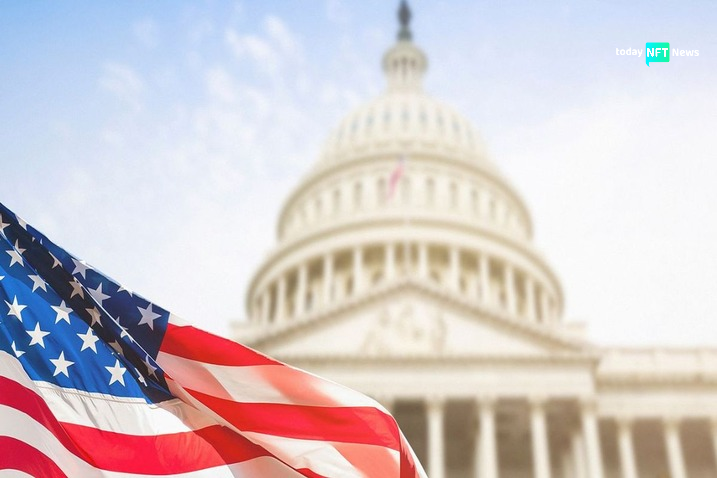SNEAK PEEK
- US government report concludes existing IP laws sufficiently cover NFT technology, despite rampant piracy and trademark misuse.
- Challenges arise from the decentralized nature of NFT platforms, complicating enforcement efforts.
- Education and consumer protection are prioritized over legislative changes to address IP rights and clever contract confusion.
This initiative represents a strategic fusion of technology and entertainment, signaling the U.S. government has released a comprehensive report addressing the rampant issue of intellectual property (IP) infringement within the burgeoning realm of nonfungible tokens (NFTs). Contrary to calls for new legislation, the U.S. Patent and Trademark Office, in collaboration with the Copyright Office, asserts that existing laws adequately encompass emerging technologies like NFTs.
Today, @USPTO and @CopyrightOffice published the results of our joint study on the intellectual property law and policy implications of non-fungible tokens (NFTs). Learn more and read the report: https://t.co/HBy2tNB7Qk pic.twitter.com/IrhynPLWo6
— USPTO (@uspto) March 12, 2024
Released on March 12, the joint study delves into the intricacies of IP law and its implications for NFTs. Despite acknowledging the prevalence of piracy and trademark misuse on NFT marketplaces, the report highlights that the current legal framework encompasses such challenges.
One of the key findings of the report is the inability of NFT technology to thwart unauthorized copying, leading to trademark infringement and misuse on NFT platforms. Complicating matters further, the decentralized nature of these platforms and blockchain networks adds complexity to trademark enforcement efforts.
However, the agencies concluded that no immediate changes to IP laws are warranted. The report emphasizes that copyright law applies to NFTs containing or linking to unauthorized copies of copyrighted works, similar to any online infringement. Enforcement tools already in place can effectively address NFT-related infringements.
Kathi Vidal, Under Secretary of Commerce for Intellectual Property and USPTO Director, underscores the dual nature of NFTs, offering creators unique opportunities while posing security challenges. The report also raises concerns about consumer confusion regarding IP rights and the legal status of smart contracts, suggesting that education and consumer protection initiatives are more appropriate responses than legal amendments.
While the report does not propose specific utilization of NFTs or blockchain in patent and trademark registrations, it acknowledges ongoing exploration of their potential in these domains. NFT markets continue to face challenges despite recent increases in Ether prices, with some top collections experiencing declining floor prices and a notable drop in sales volume.
In conclusion, the comprehensive study and report highlight the complexities surrounding NFTs within the realm of intellectual property. While acknowledging the challenges, the U.S. government opts for education and existing enforcement mechanisms rather than immediate legislative changes to address the evolving landscape of NFTs and IP infringement.









